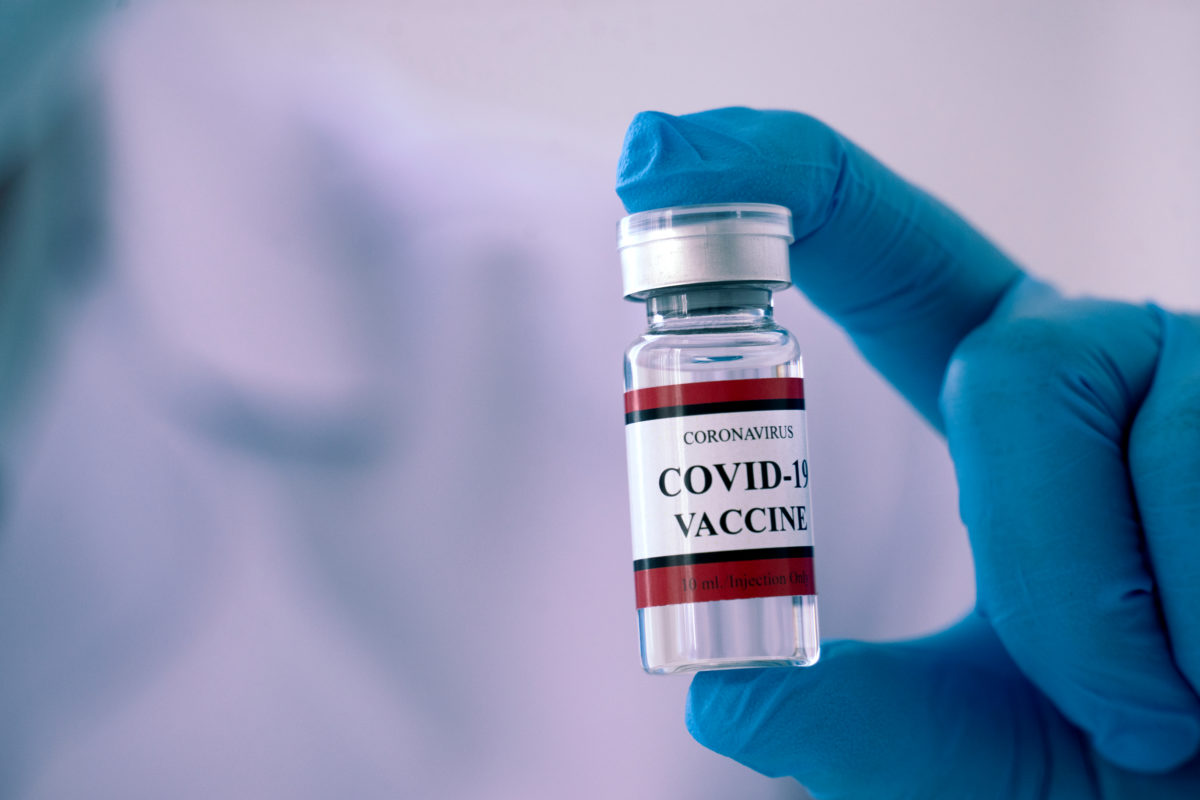The United States government should require COVID-19 vaccine producers to donate or sell doses at cost to support the humanitarian push to vaccinate our world, according to a statement by the AIDS Healthcare Foundation. The appeal has been prompted by a recent report that the U.S. Agency for International Development (USAID) might run out of money for vaccine distribution as soon as spring 2022 as it accelerates the rollout of 1.1 billion doses which have been pledged to developing countries by the US government.
“Letting pharma companies turn record-breaking profits now will cost everyone a hundred times over in the new year. We applaud the US government’s effort to expand global vaccine access, but USAID cannot do it alone if it’s paying market prices for the vaccines – it’s time for Pfizer, Moderna, and J&J to tamper their greed and donate millions of doses, or at least sell them at nonprofit prices,” said AHF President Michael Weinstein. “Without a doubt, we will go backwards and fast, if the global vaccination effort stalls. How much longer are we willing to endure the rollercoaster of new variants? The answer to that question depends on how long we continue to tolerate pandemic profiteering.”
So far, USAID has relied on $1.6 billion from the American Rescue Plan to get vaccines to low- and middle-income countries, but that funding is running low, according to Politico. The money not only pays for the purchase of vaccines, but also supports the logistics and distribution infrastructure in countries that do not have sufficient capacity to store vaccines in appropriate conditions and get them into people’s arms before they expire. Cheaper or free vaccines would leave more money available for getting them to regions with low vaccine coverage, like Africa, where only 14% of people have gotten at least one shot.
The US government has delivered about a third of the pledged quantity of vaccines to date. Of these, Pfizer, Moderna, and Johnson & Johnson vaccines account for 80% of the total. With the funds already running low, whether USAID will be able to fulfill the other two-thirds of the commitment will depend on Congress allocating additional funds and the pharmaceutical companies being compelled to put the lives of millions of people before corporate profits.


